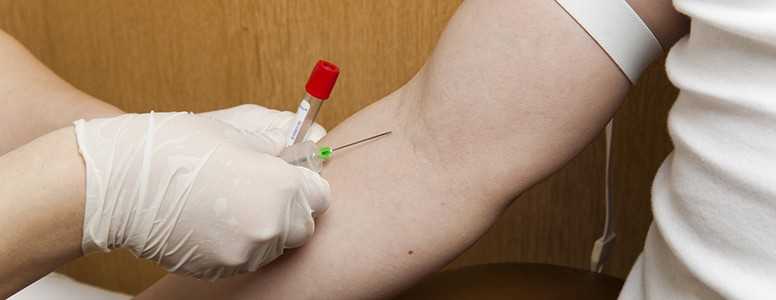A simple way of diagnosing diabetes has been identified among Indigenous Australians living in remote health care regions, new findings suggest.
This research was led by Dr. Julia Marley, University of Western Australia’s Rural Clinic School. The current diabetes diagnosis tests for those in remote settings is time-consuming and can be ineffective, the researchers wrote, with these findings aimed at speeding up the process.
Marley explained: “Delayed diagnosis is due in part to the use of an algorithm that relies on the assessment of glucose levels and, if the results are equivocal, a follow-up oral glucose tolerance test.”
Marley’s team assessed 255 Indigenous Australians without confirmed diabetes between September 2011 and November 2013. All of the subjects were aged 17 and over and evaluated across six primary health care sites in Kimberly, a region of Western Australia.
Standard glucose testing was conducted, as well as combination of point-of-care (POC) and laboratory HbA1c testing.
Within seven days, a definitive test result was significantly more likely to be received using the HbA1c test. The Indigenous Australians were also more likely to attend a follow-up test after an abnormal initial result, while HbA1c tests also detected diabetes in more people than standard glucose testing.
The researchers wrote: “Eight participants subsequently diagnosed with diabetes (four using the HbA1c test, four with additional oral glucose tolerance tests that would not normally have been requested) were incorrectly classified as normal by the glucose algorithm.
“Our study shows that adopting the Kimberley HbA1c algorithm may simplify the testing process in previously undiagnosed individuals and provide a timelier and more accurate diagnosis of diabetes for Aboriginal people and other high-risk remote populations in Australia and elsewhere in the world.”
The findings from this study were published in the Medical Journal of Australia.
What's new on the forum? ⭐️
Get our free newsletters
Stay up to date with the latest news, research and breakthroughs.








